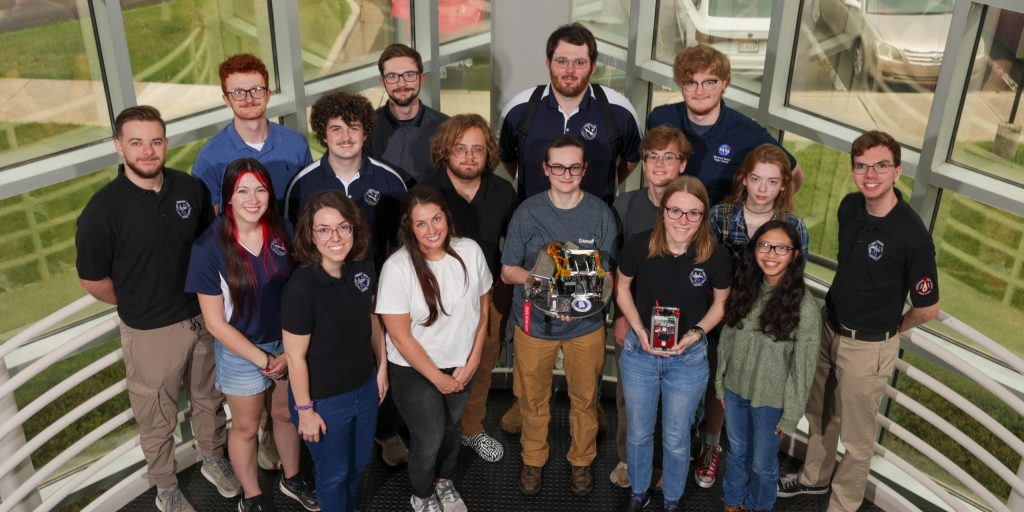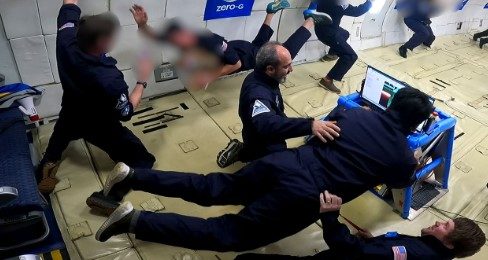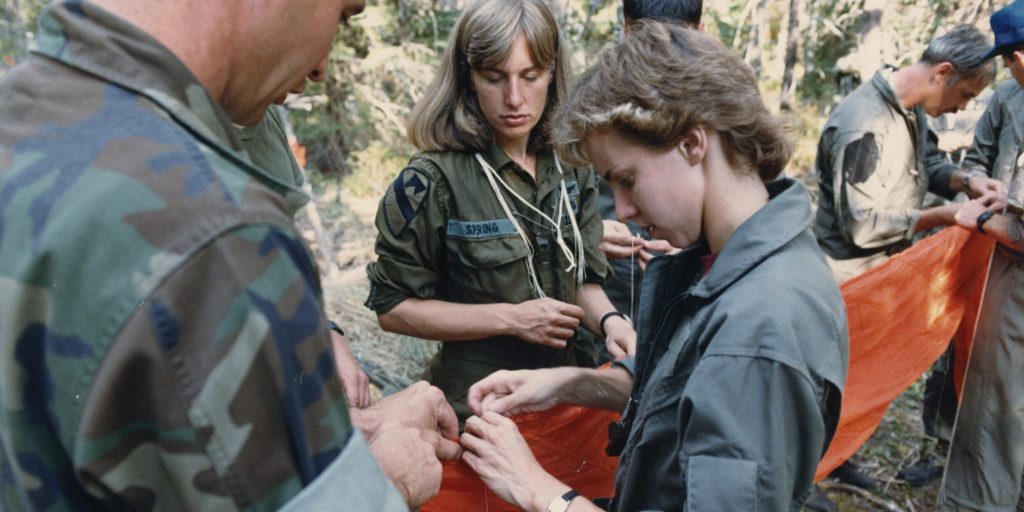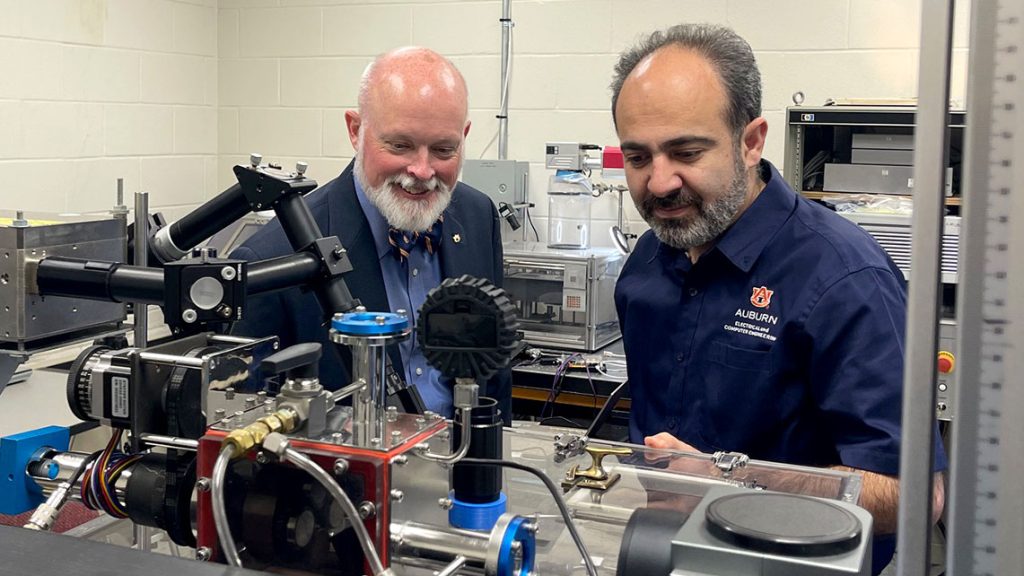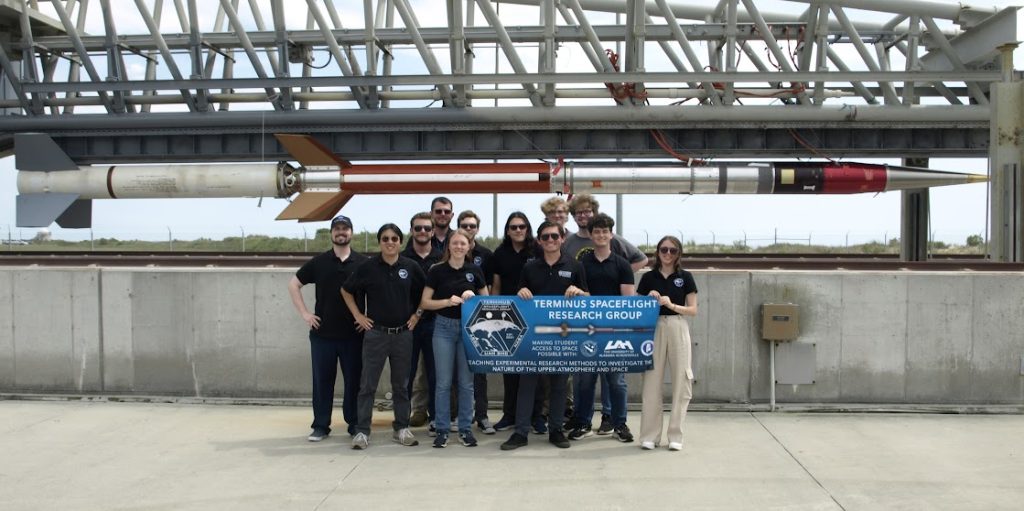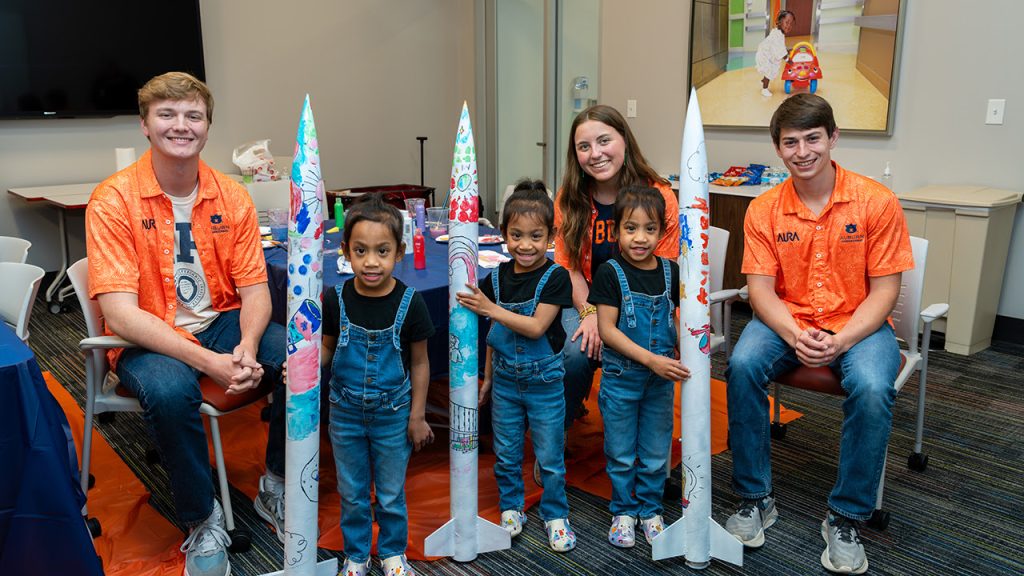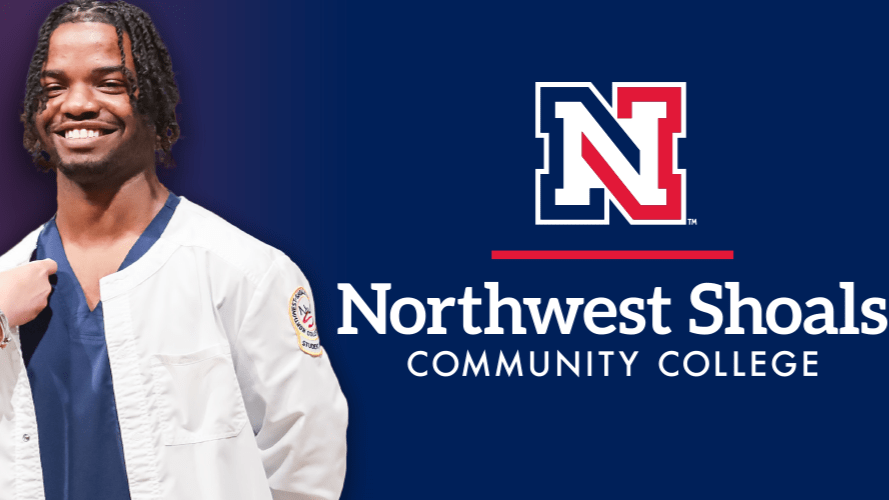HUNTSVILLE – The $20 million, five-year Future Technologies and Enabling Plasma Processes (FTPP) initiative led by the University of Alabama in Huntsville, is cited in The Washington Post as a key contributor toward the National Science Foundation’s (NSF) top-10 ranking in the 2023 Federal Employee Viewpoint Survey of the Best Places to Work in the Federal Government.
FTPP is an alliance of nine Alabama universities and a research corporation that aims to transition plasma science and engineering research into agricultural, manufacturing, space science, space weather prediction and other applications. FTPP works to establish Alabama as a Southeastern regional hub for plasma science expertise and create thousands of high-paying technical careers in the state and region.
The consortium is funded by a $20 million NSF Established Program to Stimulate Competitive Research (EPSCoR) Track 1 grant.
Dr. Gary Zank, director of UAH’s Center for Space Plasma and Aeronomic Research (CSPAR) and the Aerojet Rocketdyne chair of the Department of Space Science, is FTPP’s principal investigator.
“I was delighted to learn from my NSF Program Officer, Dr. Jeanne Small, that FTPP had been referenced in The Washington Post article describing the NSF,” said Zank. “Given the billions in dollars of support across the entire U.S. research portfolio provided by the NSF to the nation, it is a great testament to the work being led by UAH and our FTPP partners to be one of only two research programs called out by The Washington Post article.
“Not only is this a testament to the incredible work we are doing in Alabama in the field of plasma physics, but it underscores the importance of our translating this to transformative technologies that will benefit not only Alabama but the nation. This reflects the fantastic effort by the FTPP team.”
UAH supporting wide range of advances across the state
FTPP efforts promise to revolutionize agriculture in Alabama by utilizing low-temperature plasma to substantially increase the yield from common agricultural crops, boosting food production, thanks to new research done at UAH, Alabama A&M University, Auburn University and the University of Alabama at Birmingham. Low-temperature plasma processing also makes foods safer for human consumption and avoids the use of harmful chemicals or irradiation. Both new technologies offer entrepreneurial opportunities across multiple primary Alabama industries.
FTPP researchers at UAH, UAB and Alabama State University have developed a small-caliber vascular dialysis graft with smoother surfaces that promises to clog less, reducing the risk of blood clots. This development is now in Phase 1 trials, with support from both the NSF FTPP grant, the Alabama Department of Economic and Community Affairs and the Alabama Department of Commerce.
Scientists at UAB are leveraging artificial intelligence and deep neural networks for material discovery, accelerating research and development, which enables quicker identification and optimization of innovative materials with enhanced properties. Working with generative deep neural networks for crystal structure prediction is showcasing their potential to revolutionize material science across industrial, energy, medical and aerospace applications.
FTPP efforts are also highlighting outreach and workforce development, offering paid summer internships funded by NSF EPSCoR to attract students to build the highly-trained workforce essential for Alabama’s future plasma-process business growth.
A 10-week course in Corporate Internship Plasma Training in Alabama (CIPTA) has had a significant impact on many early career paths. Through CIPTA, undergraduate and graduate students from diverse disciplines gain hands-on experience in plasma technology applications, establishing connections with industry and university professionals. Students credit the program with enhancing their analytical skills and providing transformative experiences, showcasing the potential for job creation and investment in Alabama’s growing plasma workforce.
“Being highlighted in The Washington Post is truly an honor,” said Laura Provenzani, NFS EPSCoR – FTPP education, outreach and diversity coordinator. “I am not only proud of our team’s achievements but also of the fact that Alabama is recognized for the outstanding research and accomplishments happening here.
“This recognition not only validates our efforts but also shines a spotlight on the incredible innovation and collaboration taking place in Alabama.”





